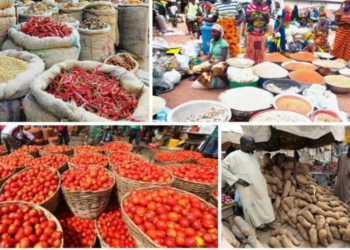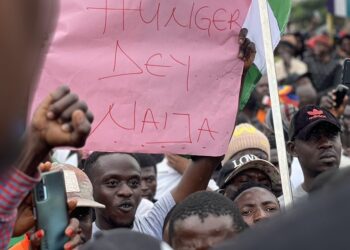A new report reveals that 90% of businesses in Nigeria were negatively affected by fuel subsidy removal by President Bola Tinubu.
The report titled “State of Entrepreneurship” report published by Fate Foundation surveyed over 10,000 businesses across the 36 states of the country and the FCT.
According to the report, smaller businesses were more affected than big businesses and the policy resulted in high operating costs, lower profits due to weak demands, and loss of customers.
The report further stated that businesses in the South-east were most affected by the subsidy removal policy while those in the South-south were least affected.
- It stated, “Entrepreneurs in the south-east were the most affected, while those in the South-South were the least affected, relative to other regions. The impact of the policy was even for both male and female entrepreneurs.”
Effect of naira scarcity on businesses
The report also revealed that around 89% of businesses in the country were negatively affected by the naira scarcity experienced earlier in the year before the general elections with the agricultural sector the most affected.
It further explained that the impact of the naira scarcity on farmers led to the contraction of the agricultural sector’s output by 0.9% in the GDP report for Q1. The decline was the first in over three decades.
Outlook towards business opportunities
In terms of Nigerian entrepreneurs’ outlook towards business opportunities, around 86% reported being optimistic about the future. However, the figure is less than the 93% who affirmed their positive outlook in 2022.
Sectoral distribution of businesses
According to the report, businesses in the service sector accounted for the major share of businesses in the country.
- It states, “While 35% of businesses offer services, 22% sell goods, and another 42% trade in both goods and services. At the sectoral level, 18.8% of total businesses operate in the wholesale and retail trade sector”





















